Duke Health Blog
Gastroenterology
Learn about the innovative approaches Duke gastroenterologists use to treat people with digestive disorders.

Transnasal Endoscopy Eliminates Need for Anesthesia for Children and Teens With Eosinophilic Esophagitis (EoE)
To diagnose and treat his eosinophilic esophagitis (EoE), Richard Best, 15, has undergone multiple endoscopies -- procedures in which a narrow, flexible tube w ...
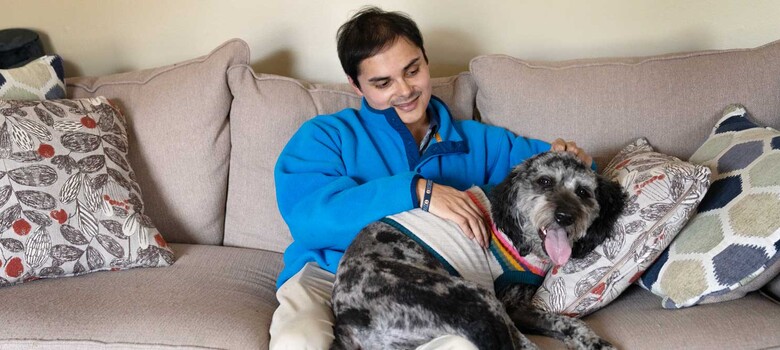
Why One Man Chose Duke for Lifesaving Abdominal Surgery
In 2014, a teenage Tyler Farley was diagnosed with Vascular Ehlers-Danlos syndrome (VEDS). The rare genetic disease weakened Farley’s arteries, organs, and oth ...
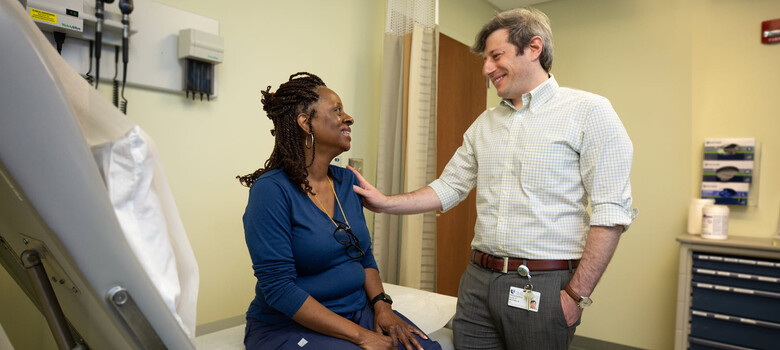
Think You Have a Hernia?
If you’ve got an odd bulge in your belly or groin that you can push back in your body, there’s a good chance you have a hernia. If you have questions about whe ...
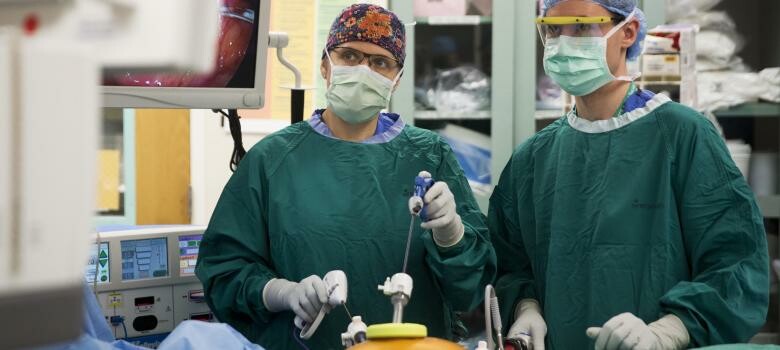
Enhanced Recovery Shortens Hospital Stays, Improves Patient Outcomes
A set of medical guidelines called enhanced recovery after surgery puts patient comfort and safety first -- before, during, and after surgery. Since Julie Thac ...

Raleigh Woman on a Mission to Get More Young People Tested for Colorectal Cancer
At age 38, Brooks Bell thought she was too young to have cancer, so she was reassured when doctors attributed blood in her stool to internal hemorrhoids. But s ...
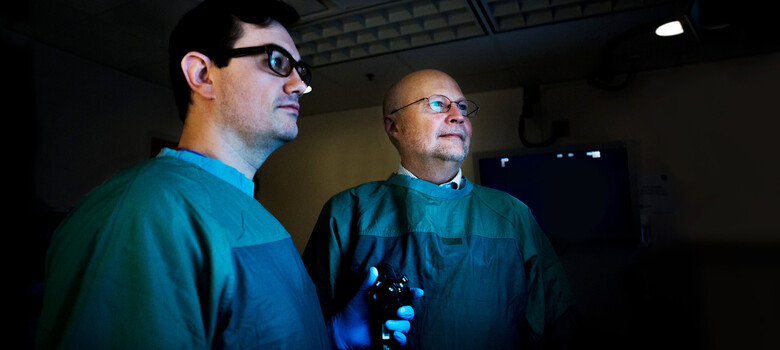
POEM Procedure Helps People with Achalasia Eat Again
Achalasia can make swallowing nearly impossible. Many people with the disease require surgery to eat. Now, Duke doctors are using a less invasive procedure cal ...
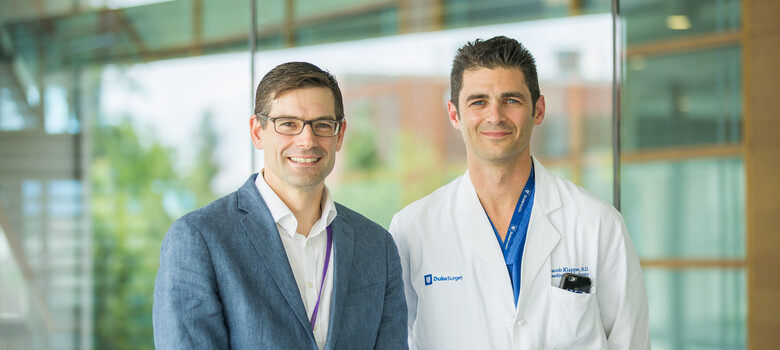
A Less Invasive Alternative for GERD
When antacids no longer alleviate the burning, belching symptoms of gastroesophageal reflux disease (GERD), an acid reflux procedure performed through the mout ...

Duke Esophageal Specialists Offer Relief for Severe GERD
Katie Courtland of Durham lived with heartburn, acid reflux, and other typical symptoms of gastroesophageal reflux disease for years. When her condition became ...

A Second Opinion at Duke Gives Woman with Pancreatic Cancer a Second Chance
After a lengthy surgery failed to remove a cancerous mass from her pancreas, Sharlene Mitchell’s doctors told her nothing more could be done. Mitchell, however ...

Four Questions to Ask Your Colonoscopy Doctor
If your GI doctor finds and removes precancerous polyps during your colonoscopy, it could keep you from developing life-threatening colon cancer.

Minimally Invasive Biliary Procedure Offers Relief From Past Surgery
When Jerry Adair sought care at Duke for an existing condition, he didn't know he was going to get a much better solution. The minimally invasive procedure he ...

Coffee and Tea May Be Good for Your Liver
Can caffeine reduce fatty liver in people who have nonalcoholic fatty liver disease (NAFLD)? Findings from a study by an international team of Duke researchers ...